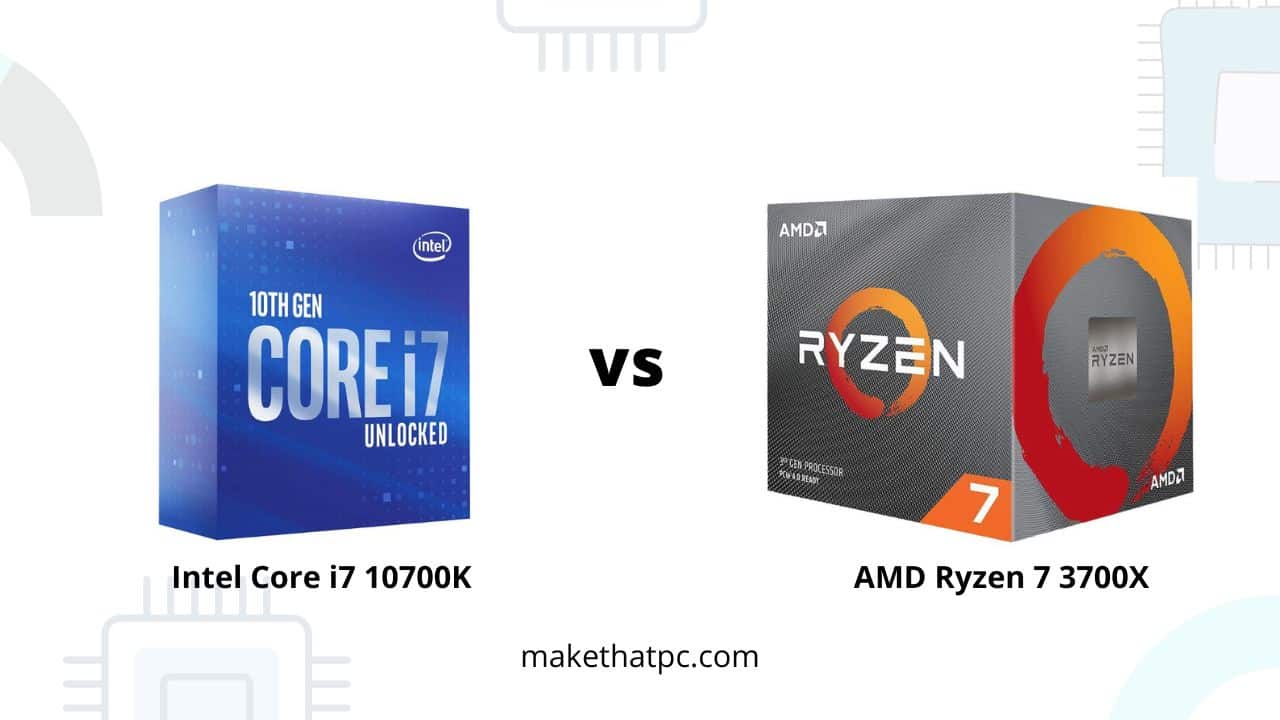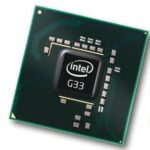The Intel Core i7-10700K is an eight-core, 16-thread processor based on the Comet Lake architecture. It has a base clock speed of 3.8 GHz and a boost clock speed of up to 5.1 GHz. It also has 16 MB of Intel Smart Cache and supports DDR4 memory.
The AMD Ryzen 7 3700X is an eight-core, 16-thread processor based on the Zen 2 architecture. It has a base clock speed of 3.6 GHz and a boost clock speed of up to 4.4 GHz. It also has 32 MB of L3 cache and supports DDR4 memory.
In terms of performance, the Core i7-10700K and the Ryzen 7 3700X are generally considered to be similar in most tasks, with the Core i7-10700K having a slight advantage in single-threaded tasks due to its higher clock speeds and the Ryzen 7 3700X having an advantage in multi-threaded tasks due to its larger L3 cache. Both processors are well-suited to a wide range of workloads, including gaming, content creation, and general productivity tasks.
Overall, both processors are high-end options that offer excellent performance for demanding workloads. The Core i7-10700K may be a better choice for users who need higher clock speeds for single-threaded tasks, while the Ryzen 7 3700X may be a good choice for users who need the additional L3 cache for heavily multi-threaded tasks.
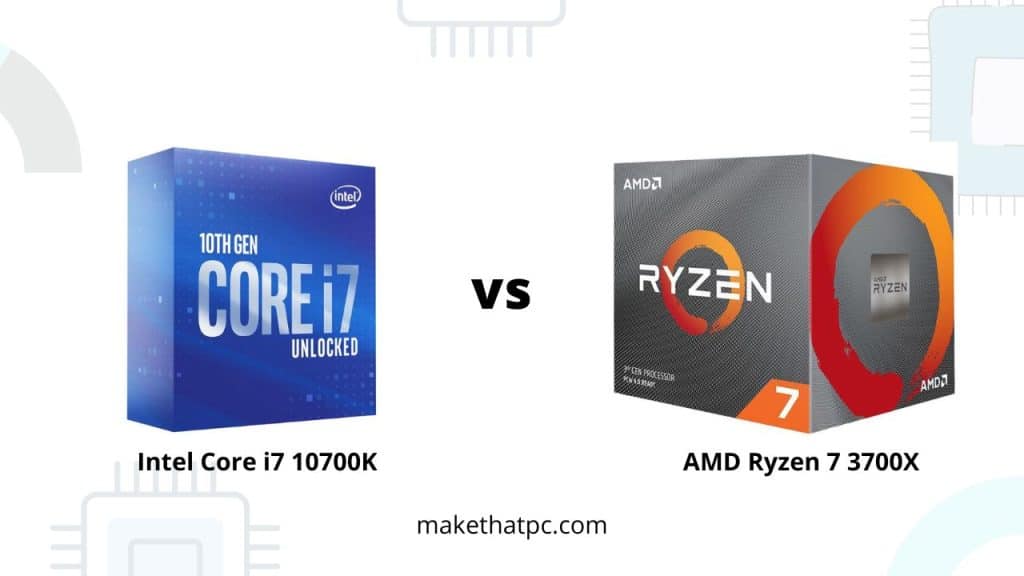
But, before we reach to a conclusion, it would be good to see the benchmark comparisons. So, keep reading until the end.
Theoretical Specification
| Specification | Ryzen 7 3700X | Intel i7 10700K |
|---|---|---|
| CPU Generation | Zen 2 (3rd Generation) | 10th Generation |
| Cores/Threads | 8/16 | 8/16 |
| Base Clock/Boost Clock | 3.6/4.4 GHz | 3.80/5.10GHz |
| Cache (L3) | 32MB | 16 MB Intel® Smart Cache |
| Overclocking | Available | Available |
| PCIe Version | PCIe 4.0 x16 | PCIe 3.0 |
| Memory Support | DDR4 (up to 3200 MHz) | DDR4 (up to 2,933 MHz) |
| Cooling Solution | Wraith Prism with LED | No boxed Cooler or heatsink |
| Integrated Graphics Card | No | Intel® UHD Graphics 630 |
| TDP (Thermal Design Power) | 65W | 125W |
One of the big differences in these specifications is almost half power consumption of 3700X. It is going to be impressively cooler than the 10700K.
Synthetic Benchmark Scores (Comparison)
| Parameter | Ryzen 7 3700X | Intel i7 10700K |
|---|---|---|
| CPU Mark Score | 22716 | 19,181 |
| Single-Core Score | 1253 | 1,912 |
| Multi-Core Score (Geekbench) | 8406 | 14,215 |
| Single-Thread Rating | 2680 | 3,069 |
Cinebench Scores
| Cinebench Benchmark | Ryzen 7 3700X | Intel i7 10700K |
|---|---|---|
| Cinebench R23 (Single Core) | 1,345 | 1,345 |
| Cinebench R23 (Multi Core) | 12,195 | 13,302 |
| Cinebench R20 (Single Core) | 494 | 755 |
| Cinebench R20 (Multi Core) | 4,856 | 8,911 |
done
Which one is good for gaming?
Overall, both the Core i7-10700K and the Ryzen 7 3700X are excellent choices for gaming. If you are looking for a processor with high clock speeds and good single-threaded performance, the Core i7-10700K may be the better option. If you are looking for a processor with good power efficiency and a smaller manufacturing process, the Ryzen 7 3700X may be the better choice. Ultimately, the decision will depend on your specific needs and preferences.
The 10700K comes with integrated graphics which means it can offer some additional advantages in gaming. You can even play some games on low settings without even using any dedicated graphics card. With 3700X, it will be mandatory to install a dedicated card in order to play games.
If we talk about the performance, you can watch this gaming benchmark video.
As you saw in the benchmark video, the 10700K was capable of offering better FPS as compared to the 3700X. Also, there was no bottleneck that was available with the 3700X. So, surely 10700K is a better pick for gaming.
Which one is good for productivity
The Intel Core i7-10700K and the AMD Ryzen 7 3700X are both powerful processors that can handle productivity tasks with ease. Both processors have 8 cores and 16 threads, which provide excellent multitasking capabilities and allow for smooth performance even when running multiple applications at once.
One key difference between the two processors is the clock speed. The Core i7-10700K has a base clock speed of 3.8 GHz and a max turbo frequency of 5.1 GHz, while the Ryzen 7 3700X has a base clock speed of 3.6 GHz and a max boost frequency of 4.4 GHz. The higher clock speeds of the Core i7-10700K may give it a slight advantage in productivity tasks that are more reliant on single-threaded performance, such as video editing or photo editing.
Overall, both the Core i7-10700K and the Ryzen 7 3700X are excellent choices for productivity tasks. If you are looking for a processor with high clock speeds and good single-threaded performance, the Core i7-10700K may be the better option. If you are looking for a processor with good power efficiency and a smaller manufacturing process, the Ryzen 7 3700X may be the better choice. Ultimately, the decision will depend on your specific needs and preferences.
Architecture
The Core i7-10700K is based on Intel’s 14nm++ manufacturing process, while the Ryzen 7 3700X is based on AMD’s 7nm process. The smaller manufacturing process of the Ryzen 7 3700X may give it an advantage in terms of power efficiency and heat generation, which could be beneficial if you are looking to build a high-performance gaming system.
Cache Difference
The Core i7-10700K has a 16 MB Intel Smart Cache, which is a type of fast memory that is built into the processor and used to store frequently accessed data. The Smart Cache helps to improve the overall performance of the processor by reducing the need to access slower main memory (RAM).
The Ryzen 7 3700X has a 32 MB L3 cache, which is also a type of fast memory that is used to store frequently accessed data. The L3 cache is shared among all cores and helps to improve the overall performance of the processor by reducing the need to access slower main memory (RAM).
The larger cache size of the Ryzen 7 3700X may give it an advantage in terms of performance in certain tasks, especially tasks that require a lot of data to be stored in the cache. However, the performance difference between the two processors in most tasks will likely be small. It’s always a good idea to do some research and compare the performance of both processors in the tasks you are interested in to make an informed decision.
Memory Difference
The Core i7-10700K supports DDR4 memory with a maximum speed of 2933 MHz. It has a dual-channel memory controller, which means it can access two memory modules at the same time and can potentially improve performance in certain tasks.
The Ryzen 7 3700X also supports DDR4 memory with a maximum speed of 3200 MHz. It also has a dual-channel memory controller.
In terms of memory capacity, both processors support up to 128 GB of memory.
The higher maximum memory speed of the Ryzen 7 3700X may give it a slight advantage in certain tasks that are sensitive to memory performance, such as video editing or 3D rendering.
Overclocking
Both the CPUs are overclockable. In fact, I have seen users reaching up to 5 GHz on a 10700K. With 3700X, users are capable of reaching up to 4.7 GHz. So, if you find overclocking interesting, you can surely choose any of them. But, again, 10700K is going to provide you with better results here. Make sure to equip your CPUs with good cooling solutions before tweaking those settings.
Price
When it comes to price, the Core i7-10700K and the Ryzen 7 3700X are similar in price, with the Core i7-10700K typically being slightly more expensive. It’s always a good idea to do some research and compare the performance of both processors in the games you are interested in playing to make an informed decision.
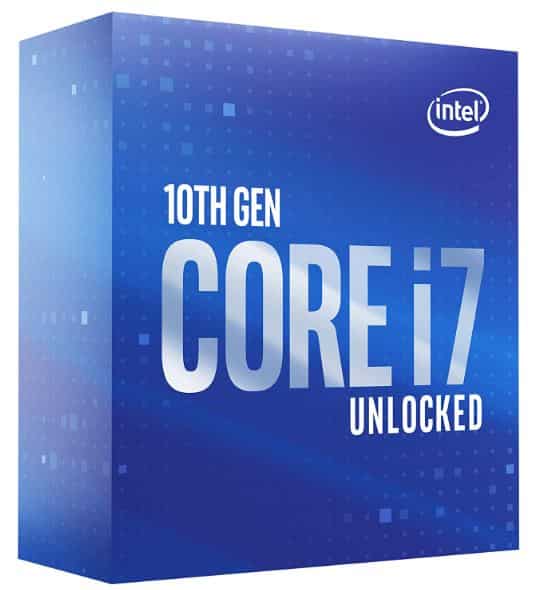
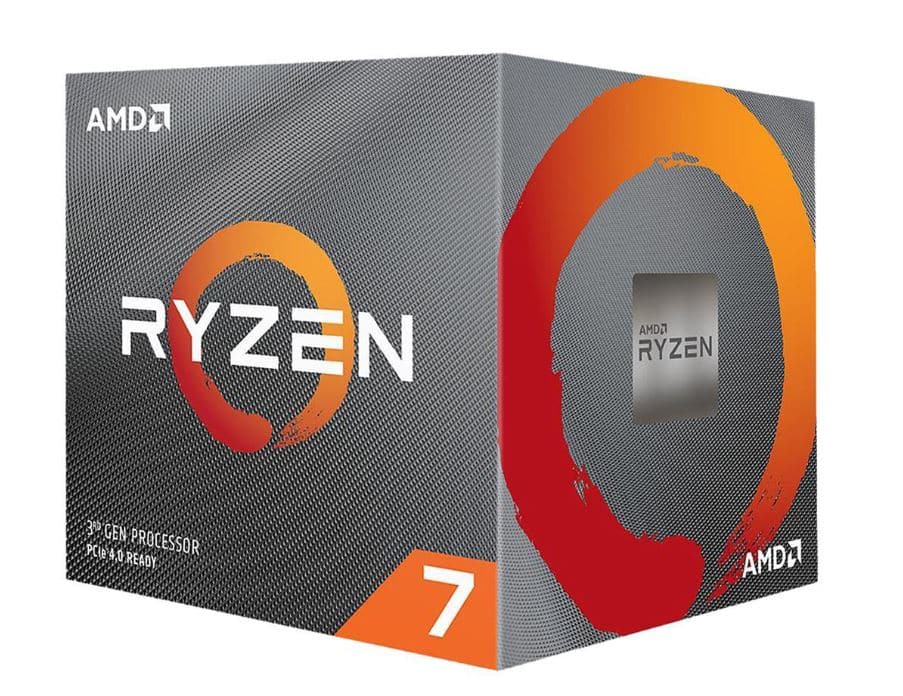
Which one to choose: 3700X or 10700K?
3700X’s price completely justifies itself. So, I would say you should choose 3700X if you have a limited budget. I know the performance is low but that doesn’t mean it can’t handle high-end tasks and gaming as well.
However, if you have a good budget in your hands, just choose 10700K. It will offer you better results in performance, gaming, and everything else. As you might have seen in the gaming and synthetic benchmarks above, 10700K is the winner of this comparison.
Let me know your thoughts in the comments!

I am Anshul Rana, an experienced author specializing in PC gear reviews and Windows 10 software tutorials. With a strong passion for technology and an in-depth understanding of the PC industry, I provide insightful and detailed analyses of computer peripherals, gaming gear, and software solutions. My writing style is concise yet informative, making complex topics accessible to both beginners and advanced users. Through my reviews and tutorials, I aim to offer valuable guidance, helping readers make informed decisions to enhance their PC experience and explore the vast possibilities of Windows 10 software.
